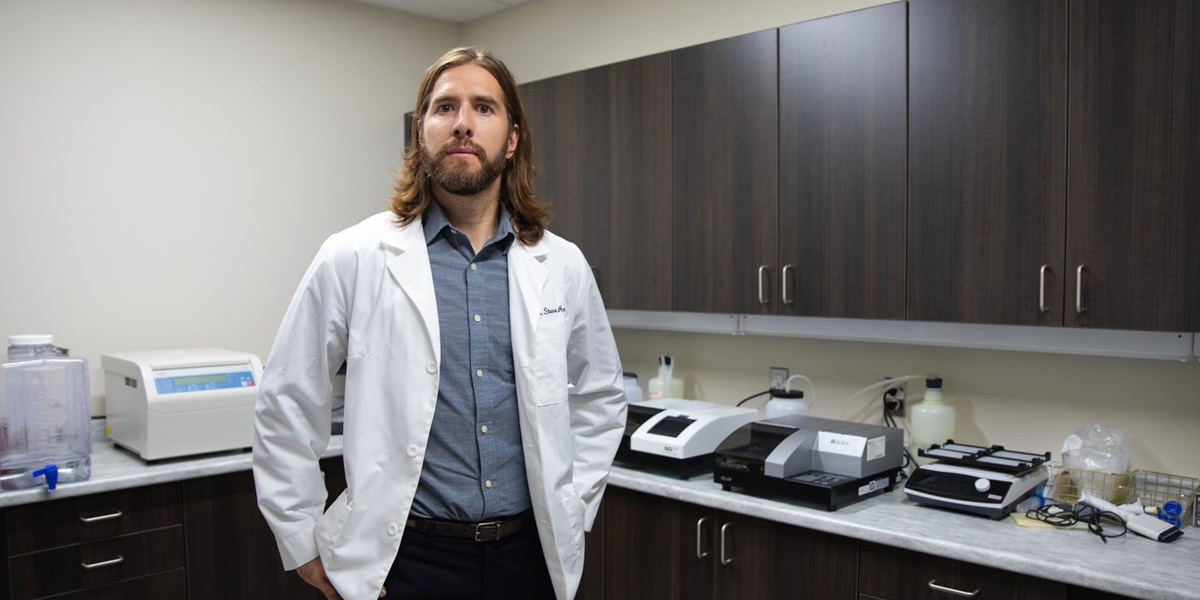Dr. Arnocky publishes research in esteemed Scientific Reports journal
Dr. Steven Arnocky, professor in the Department of Psychology, has had his research on genetic predictors of male pubertal development published in the esteemed Scientific Reports journal.
Individual variation in the age of pubertal onset is linked to physical and mental health development, yet the factors underlying this variation are poorly understood.
Life history theory predicts that individuals at higher risk of mortality due to extrinsic causes such as infectious disease should sexually mature and reproduce earlier, whereas those at lower risk can delay puberty and continue to invest resources in somatic growth.
Dr. Arnocky, along with researchers from Penn State, Boston University, Wake Forest University, Dalhousie University, and Michigan State University, examined relationships between a genetic predictor of infectious disease resistance, heterozygosity of the major histocompatibility complex (MHC), referred to as the human leukocyte antigen (HLA) gene in humans, and men's retrospective self-reported pubertal timing.
In a combined sample of men from Canada and the United States, MHC heterozygosity predicted later self-reported pubertal development.
These findings suggest a genetic trade-off between immunocompetence and sexual maturation in human males, which could help researchers to better understand and predict human pubertal maturation and related health conditions.
The research, funded by the Natural Sciences and Engineering Research Council of Canada, was published in Scientific Reports, which is the 7th most cited journal in the world. An open-access copy of the paper can be found here.

